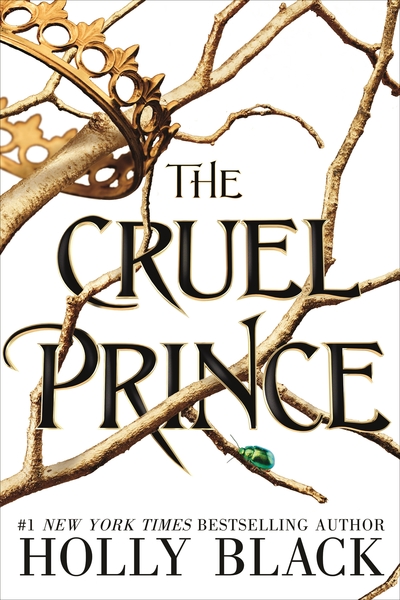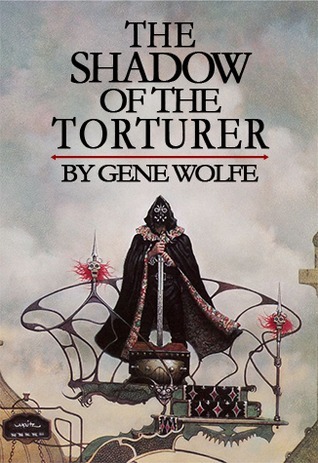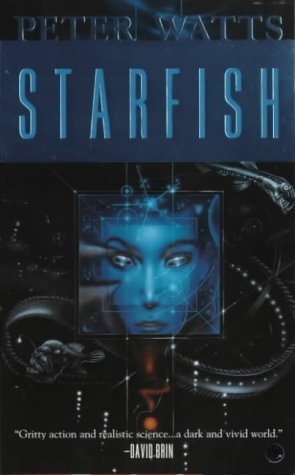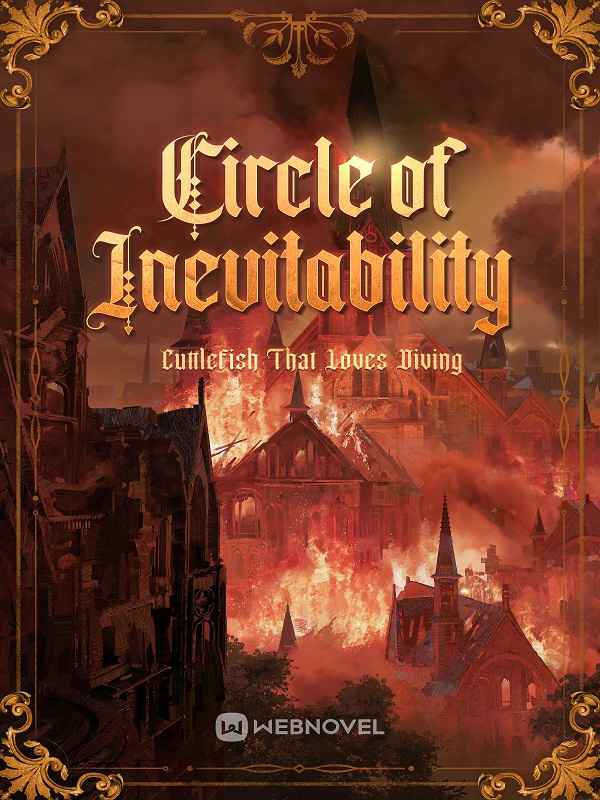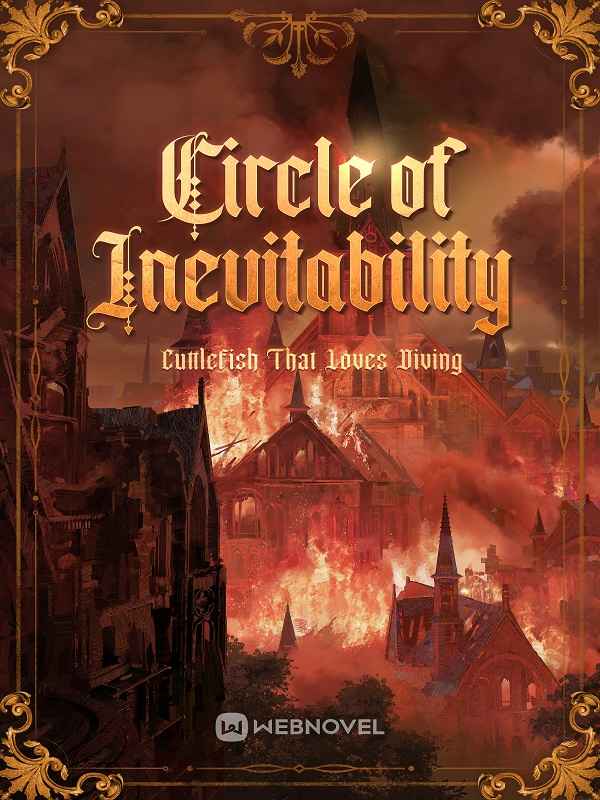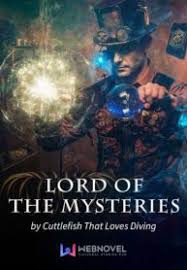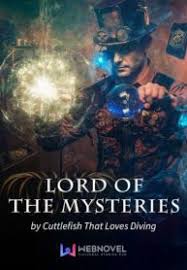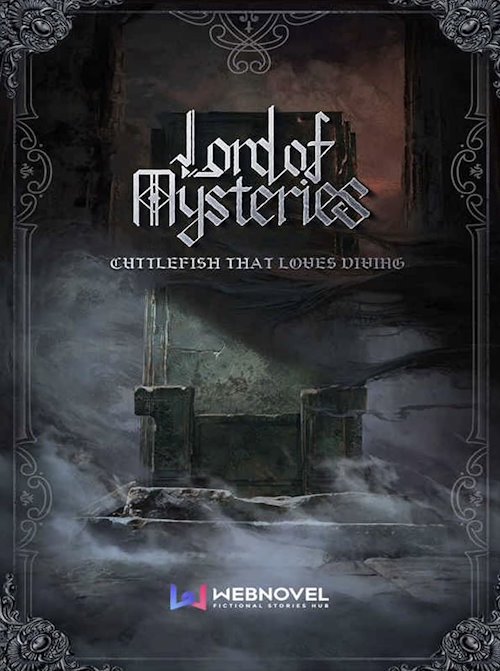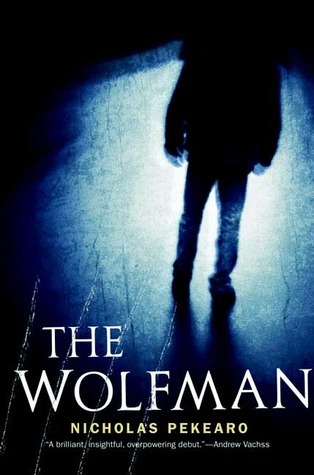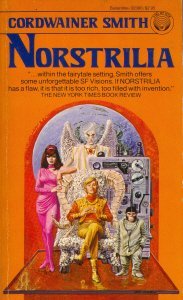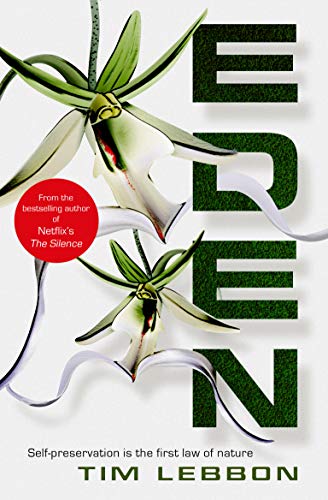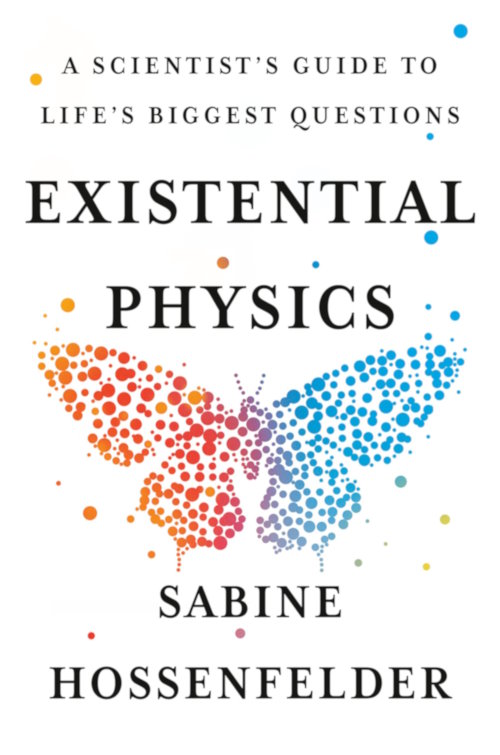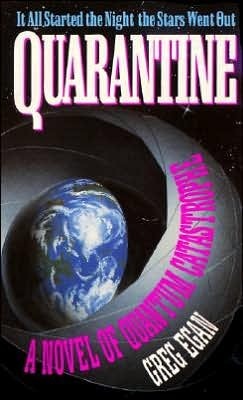
I said earlier that Circle of Inevitability was half the size of Lord of Mysteries. That was a lie. I only had half of the book. Probably the entire thing is going to be as big if not larger.
It doesn't matter, though. I reached almost the end of Volume 4, where Lumian becomes Fate Appropriator and decided to finally stop. It was a good run, but whatever comes next is unlikely to bring anything new to the table. Let me explain why.
In my previous hopeful reviews I said that "Cuttlefish" was improving his writing style, by making the stakes higher and the emotional impact more meaningful. After all, Lumian is a young man driven by both revenge and hope, marred by his sister's death, marked by two gods amongst which one is evil, having a corrupting influence sealed within him. I was envisioning a very different story arc, complete with half villainous failings, followed by righteous redemptions. Or, why not, going full villain. But that didn't happen.
You see, I already mentioned that these novels feel like someone is telling the story of a manga or anime they have in their head. This series made me remember vividly the Jojo's Adventures series and once it was in my head, I couldn't help see the similarities. They both start with complicated worldbuilding, compelling characters and strict rules, only to devolve into a monster of the episode kind of thing, with consistency being thrown out of the window and the "smart" method for victory becoming more ludicrous as we go alone.
I do appreciate the opportunity to delve into the Asian way of considering life and conflict, though. A stark contrast with American storytelling, the main character doesn't succeed based on luck and the strength of his emotions, but on careful consideration of the situation and preparation in advance. Even the emotional outbursts or violent episodes are actually a facade for the cold calculation beneath. Also the way in which women just can't seem to help being deferential and submissive to their male counterparts, accepting with just a little bit of dismay that they are smarter, more decisive and grow faster than they are.
Lumian becomes a carbon copy of the character of Klein Moretti, only he "smiles warmly" instead of "smirking". There is another lesbian duo of relatively weak helpers who the story occasionally focuses a lot on for no good reason. The rules established in the first series are completely broken by a new system of "boons" from external gods, making anything and everything possible, except catching Lumian off guard or actually causing defeat. Even the connection between eras and the link between the current one and the one people have transmigrated from is different. And being a transmigrator is just a regular thing now, anyone and everyone seems to be one.
But what's worse is that the same psychopathic behavior from the first book, where the end goal is paramount and emotion, physical pain or behavior are secondary, comes back in full force and makes the whole experience feel empty, like you are watching some random guy playing a computer game on low difficulty, always smirking about how smart he is, when the story outcome was already ... inevitable.
Bottom line, I will rate this series 2.5 stars. It's not bad, but it's not good either once the novelty of the point of view wanes. The first one was better and this one feels like a bad carbon copy. Perhaps now I can finally focus on a real book.
